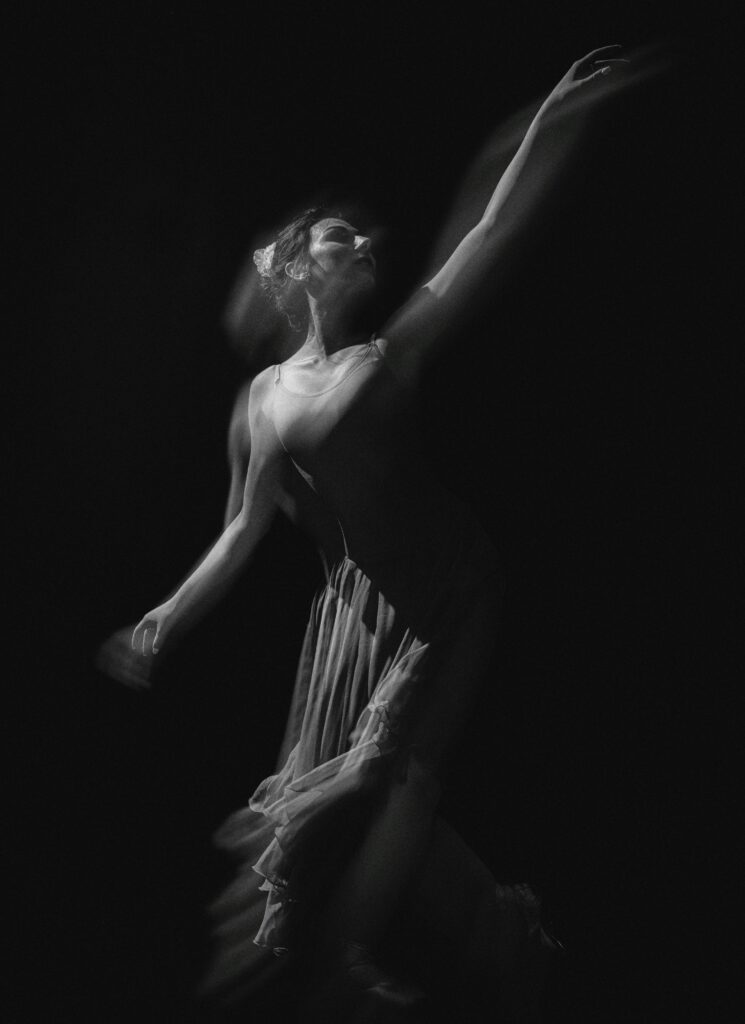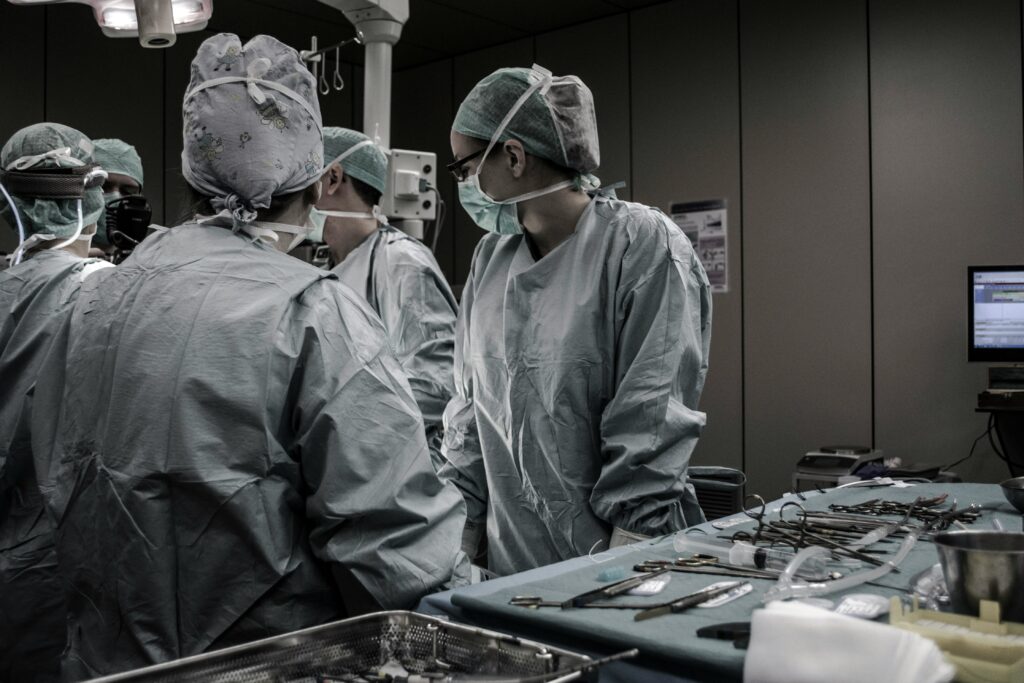Near Wild Heaven
Madeleine Foster, January 9, 2024

The America I know is an America that never existed. An evocation. A decades-long daydream. An inherited memory, passed down through bleary photographs and familiar names. Memories of memories of memories. An America of cinematic seasons and broad, tree-lined suburbs. Of drive-thru cinemas, Wichita linemen, and gleaming, melancholic diners.
A myth of America, from a summer that belonged to other people. Long before I came to know the world. Long before I’d known any summer—the drone of wasps, the breathless, high-vaulted sunshine and the singular, dusk-time exhaustion. The cliched delight of late, chalkdust sunsets. The long, languorous afternoons.
Specifically, mine is the America of the sprawling, toe-tapping southeastern states. The names alone are redolent of something unknowable: Georgia. North and South Carolina. Mississippi. Alabama. Tennessee. And as I write this now, I am yet to experience the close, thick, humid heat of the American south. Its particular vocabularies, its drawling exclamations during sweat-soaked, sleepless nights.
This, then, is a story of a time and a world that captivate me. Of course they do—every child is fascinated by their parents’ lives before they were parents. Mums in particular. Dead mums most of all. In my mind’s eye, my mum in her twenties glints like some old Hollywood film star—gorgeous and ungraspable. I still see traces of her stubbornness, and the irritability I grew to dread, then resent, and, occasionally, imitate. But this is overshadowed by her brightness. Her wildness. Her voice.
It was summer. 1991. A summer Mum told me about in small moments, spread across the years. She had worked three months of day and evening shifts in a drab, pebbledash office to save up for the trip. She hadn’t minded. After all, her motivation was fierce: she was infatuated with a boy from the States.
The year before, she had visited Belgium. Somewhere hilly and pastoral—probably the Ardennes. Her most vivid memory was of waking up one morning—spilt apple-juice sunlight—and being greeted by a cow at the window, a comically large bell dangling from its neck.
She loved the hotel breakfast. Flaky pastries, coffee, and fresh fruit stowed in her bag for lunch. I don’t know exactly what time of year it was, but I imagine it was warm, the days egg-yolk runny with a mellifluous breeze. She had traveled there to pass her days hiking, and ended each evening with blisters. Perhaps, then, she was taking a rest—collapsed on a hillside, the landscape undulating in gasps, her feet shrieking with the sweet pain of being alive—when Glen ambled into her life.
At the time, she told me, he was a soldier on deployment. This was the early nineties, so his service on the French-Belgian border was no doubt relaxed. Glen, too, was barely in his twenties. He had grown up on a farm in West Virginia, and joined the military—I suppose—as a way to explore the world. I imagine he also found the cow bells charming, the guttural Flemish fascinating. Perhaps a little amusing. In my imagined memory, he stumbled across my mum dressed in his uniform: green camo, high brown boots and patrol cap, baseball-esque and vaguely absurd. The milky morning light framing his boyish, crew-cut face.
I often wonder how their conversation started. My mum always made friends easily, and was usually unfazed by a face she found beautiful. (Her photos of him reveal a boy who looked a little like River Phoenix—plump, with a shadowed brow and a languid loveliness.) I imagine she asked him about his accent, so familiar and yet not familiar at all. Then, she would have asked to hear his name. And no doubt Glen grasped at silences and sentences, eager to stretch out their encounter in his own bashful way.
I expect they grew close over their shared languages—English, naturally, but pop culture, too. A language of shared youth. A shared class, and an analogue existence. Classic Hollywood, fashion subcultures, LPs. Books and songs and magazines. Whatever happened between them was instant and bewildering, and they knew that in a sense they had made one another’s lives worse: they would forever miss what they had found. They felt this so certainly that they exchanged addresses, with the wretched promise that they would write.
And, wonderfully, they did. Glen sent heartfelt scrawlings from the stormy eastern panhandle of West Virginia. And my mum replied in earnest, her envelopes signed and sealed in the washbasin of her northern seaside town. In this small simple way, they infused one another’s life with a staggering vibrancy. And—it is so easy to be spellbound by the dream of a person—the longing soon became too heavy. My mum and Glen agreed that they had to see one another. It was decided: my mum would fly to America for the first and only time.
The Atlantic Ocean is the second largest ocean in the world. Stunning and brutal. Expensive to cross. But, eventually, Mum’s months of double shifts transfigured into a plane ticket. She landed on July 5th. A Friday. The day after Independence Day. I envy the fizz of wonder she felt as the storybook spires and tree-lined boulevards of Washington DC unfurled beneath her. No doubt the streets below the oval airplane windows were littered with confetti, the heady scent of fireworks still peppering the air.
She always told me that her overwhelming memory of America was its boundlessness. The sky was vast, she said. Its rains violent, near-biblical. Everything so much more immense. And I’m sure she was right. I’d love to see its vastness for myself someday. But I also suspect that her perception of that vivid land was imbued with the vividness of her wanting. By the wild, unlikely joy of being reunited with that boy.
I can trace their three weeks together through my mum’s scrapbook. I found it when she died, hidden beneath baby clothes and months-old folded washing. I felt like a French soldier unearthing the Rosetta stone. Enthralled by its mysteries, by the odd familiarity of its speckled pages, each one sagging under photos, receipts and ticket stubs. Broad highways, motels, gas stations. Shotgun housing with scratty dogs tied to posts. The erratic metal webbing of the Memphis & Arkansas bridge, blurred out of focus against a featureless sky.
(In the photos, she looks just like me. Her hair is longer and darker, and she seems cooler and more self-assured. But the echo is there. I inherit her face and her fallible body and so many of her memories. In the end, truly, what separates us?)
They visited Graceland together. It was no doubt something of a personal pilgrimage for my mum. All through the sixties and seventies, her Dad performed rock and roll across some of Blackpool’s glitziest working men’s clubs. His house was crammed with Elvis memorabilia, and he sported a black quiff until the day he died. In Memphis, my mum snapped photos of Elvis’ house, his cars and costumes, and his immaculate, underwhelming grave. And she took away a postcard portrait of the man himself: black and white, donning a turtleneck jumper, his downward gaze gorgeous, his coiffed hair marblesque in its careful perfection. An emblem, if there ever could be one, of my mum’s enduring devotion to Americana.
Across three weeks, they drove through Virginia, Alabama, Tennessee, South Carolina, North Carolina, and Georgia. The route itself is indecipherable, and I have no way of asking her to share it with me. I stare at a map of the states and am astounded by its intimate expanses. The treescapes dense, the beaches rugged and cinematic. The ocean itself like a vast blanket she might tug—might feel Europe tugging back. A rippling breath from the western edge, the pulse of her childhood and her real, far away life on hold.
I can see how she loved Glen. She took so many pictures of him driving, the windscreen light yellowed by time. His timid face in profile, his hand raised to obscure his upturned nose and feminine lashes. She resorted to photos of his legs in the footrest, his rolled-up shorts revealing his thighs and knees. All so affectingly affected. She was so obvious in her efforts to communicate a sense of longing. She is speaking to herself years in the future. Without knowing it, she is confiding in me. She is yelling out, pealing, conjuring a cherished version of her life. Attesting to the beginning of a love she felt certain would last a long while. To this, her first visit to a country she dared dream she might someday call home. She is sitting in his car, snapping a photo in the wing mirror, already nostalgic for the road ahead.
She was oblivious to the fact that she was already halfway through her life. Oblivious, too, to the impending end of their relationship. And she had no clue, as they barreled towards a student union in the thrumming antebellum city of Athens, Georgia, that they had missed a long-awaited R.E.M. concert by a day. A stupid mix-up—the date misread or misremembered. They arrived to find a poster advertising the show for the evening before. The moment was so heart-wrenching, my mum mourned it over and over in the years to come. A formative disaster. An enduring lesson in the cruelty of time.
She flew home at the end of July. They continued sending letters, writing twee postcards. And then one day Glen stopped. She never knew why. A slow, silent heartache. And yet, their collision was so unlikely to begin with. The time they spent together was so improbable, and made all the more potent by its improbability. And I suppose that, in the end, had to be enough.
Glen got in touch with me around three years after my mum died. Twenty-nine years after their summer together. There was no hello or explanation of who he was. He simply told me that he had dreamt of her. She had looked exactly as he remembered her, back when she was 22. Shoulder-length hair in a bundle of thick curls, her dark eyes creased in laughter, her skin burned by the merciless Memphis sunshine. I was 22 myself by then. A surreal coincidence. A cosmic gut-punch.
He told me that he missed her. In the dream, they sat together and talked. (I envied him this.) They shared stories from the decades since their road trip, and Mum asked him why they stopped seeing one another. He told her it was because of the distance—a shit answer, but she was fine with it. He continued: It seemed like we were finally gonna spend some time together. And then I woke up. I tried to imagine how he felt, to wake and find himself separated from her by a new, vaster ocean. Like a young man once more, at the mercy of his own longing. Gripped by a nostalgia for a future that never was. A jolting, hollow-chested pain. A pain which flung him, helpless, to me.
It’s a pain I struggle to understand. A pain which—on top of all other losses—I refuse to bear. Instead, I simply choose to reconstruct their neon, star-strung world. A world of parking lots and dusk-lit highways, ice cream sundaes, duke boxes and James Dean. A world that never existed and yet can always exist. Something illusory, a truth that denies reality. Like the life Glen and my mum might have had together. Like the R.E.M. concert they might not have missed. Like all the days my mum and I might have shared. Like a drive down a long, clear, unwinding road—the radio blaring, swelling and rich—the sky impossibly wide. Knees touching, sun tan pulsing. On and on and on through endless highways in the summer next-door.
You may also like
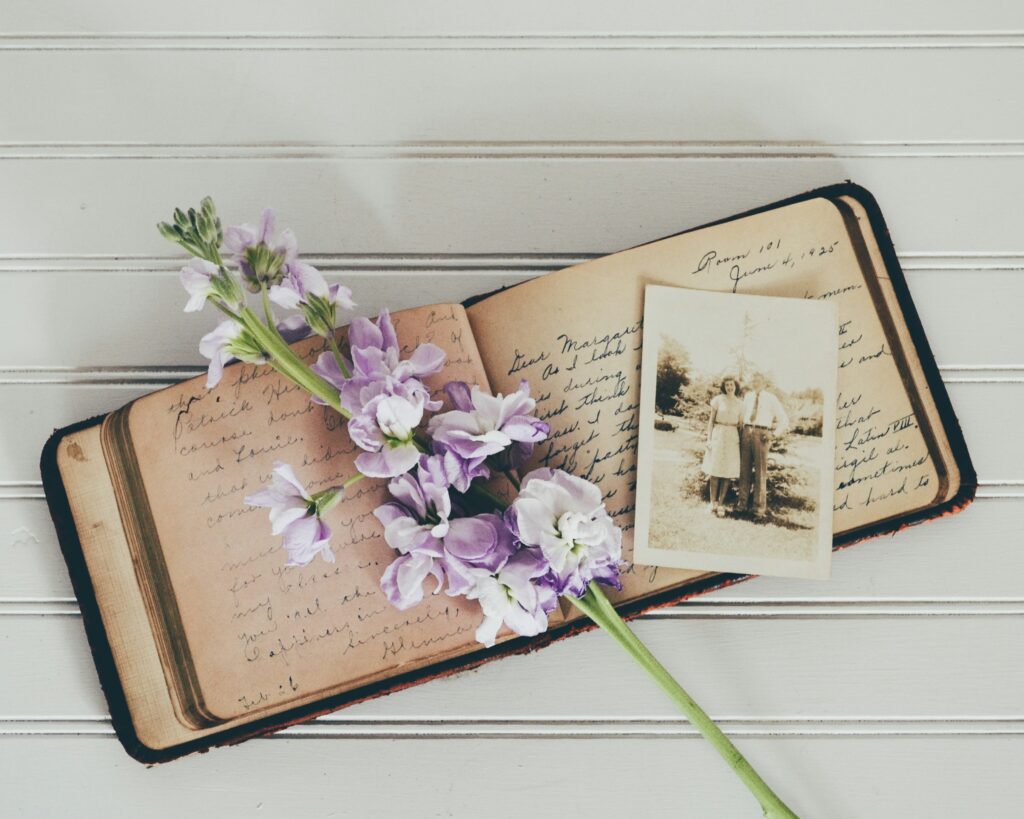
Eyes of the Beholden
Unspoken desires linger in the shadows of a teacher's life, revealed through art
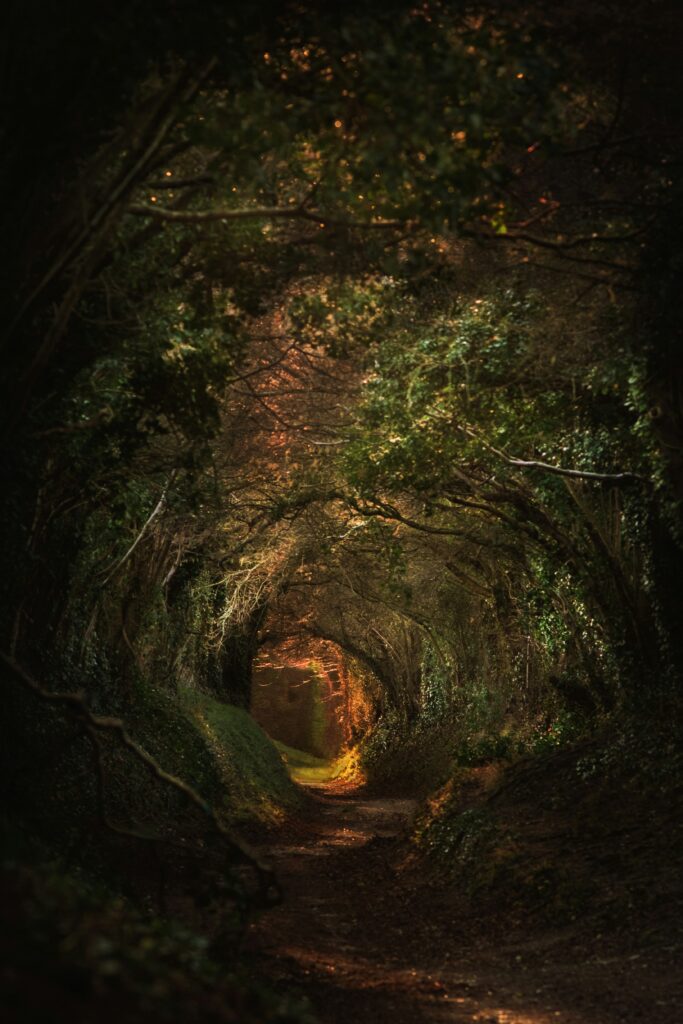
LOST
Bessie's odyssey through stormy nights, lost love, and secret graveyards unfolds with haunting beauty in "Lost" by Sandra Dennis.
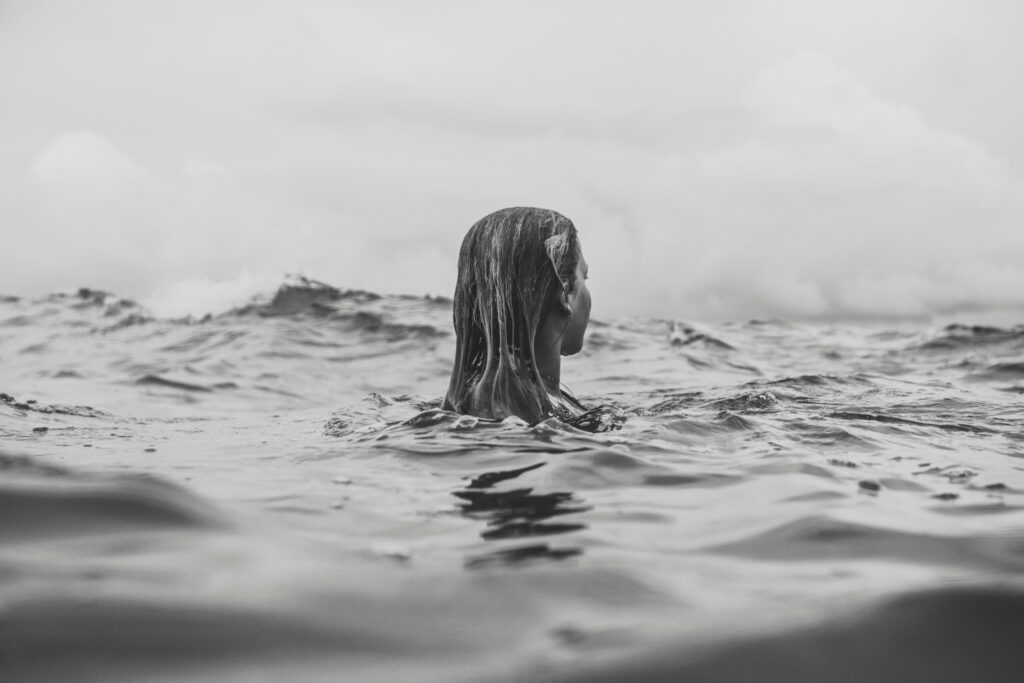
Water Rising
Amidst a flood, a woman grapples with the past, and confronts the consequences in this haunting narrative of resilience.
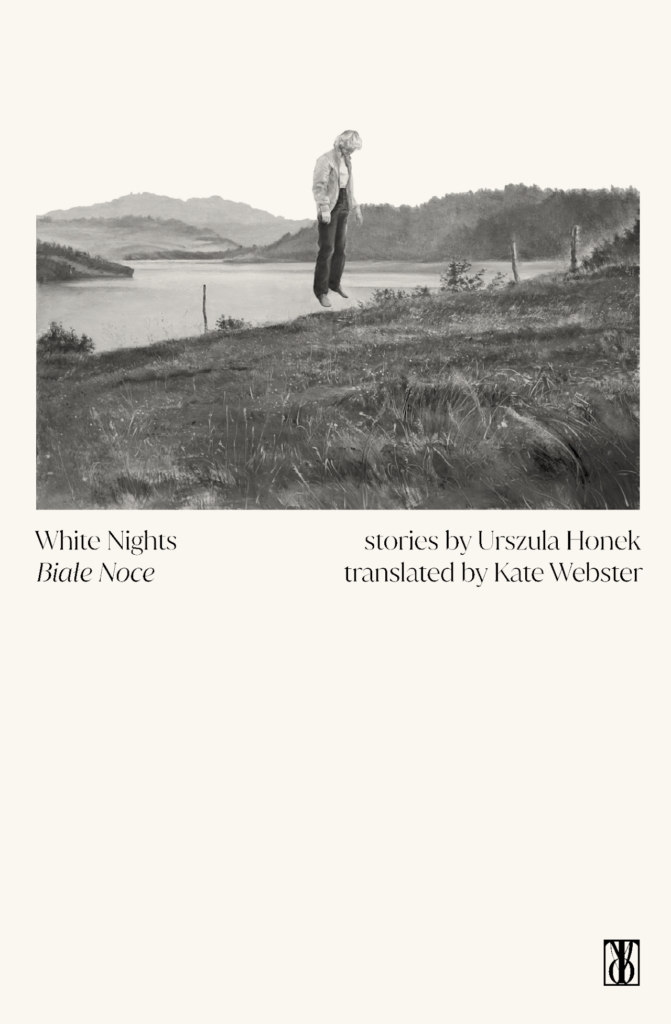
Book Review: White Nights by Urszula Honek
The debut short story from Polish writer Urszula Honek, White Nights, is akin to reading an account of a haunted place – one that is beautiful and devastating in equal
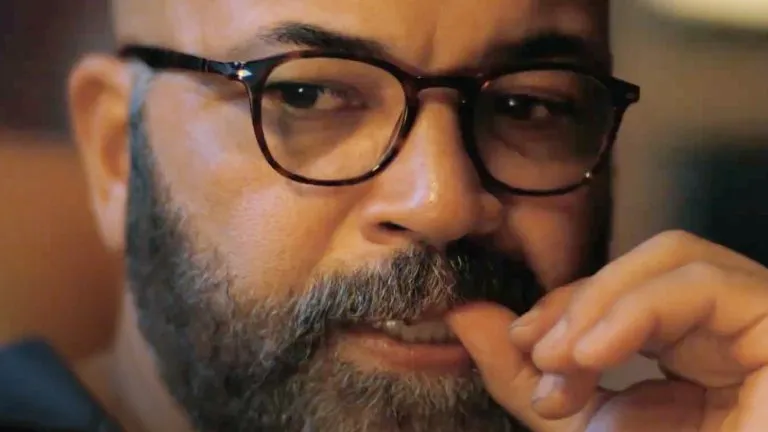
Beyond the Surface: The Multifaceted Lives of ‘American Fiction’
In essence, "American Fiction" and the experiences it draws from remind us that we are indeed more than the sum of our parts.
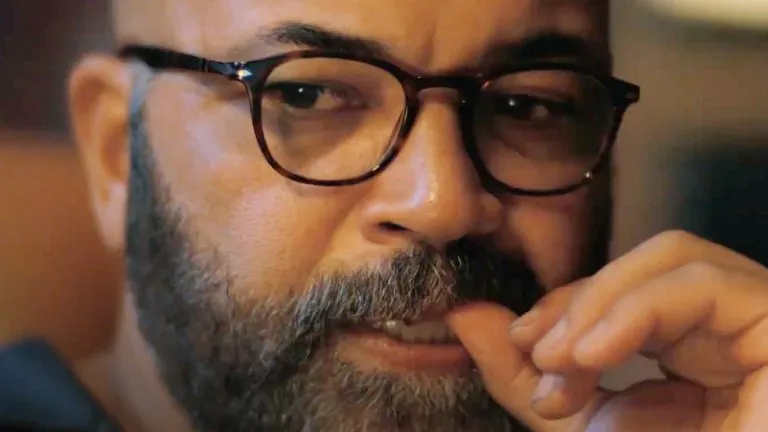
Beyond the Surface: The Multifaceted Lives of ‘American Fiction’
The narrative of “American Fiction” unfolds with a dual focus: it not only scrutinizes the unique pressures faced by Black creatives but also delves into the intricate and sometimes tense…
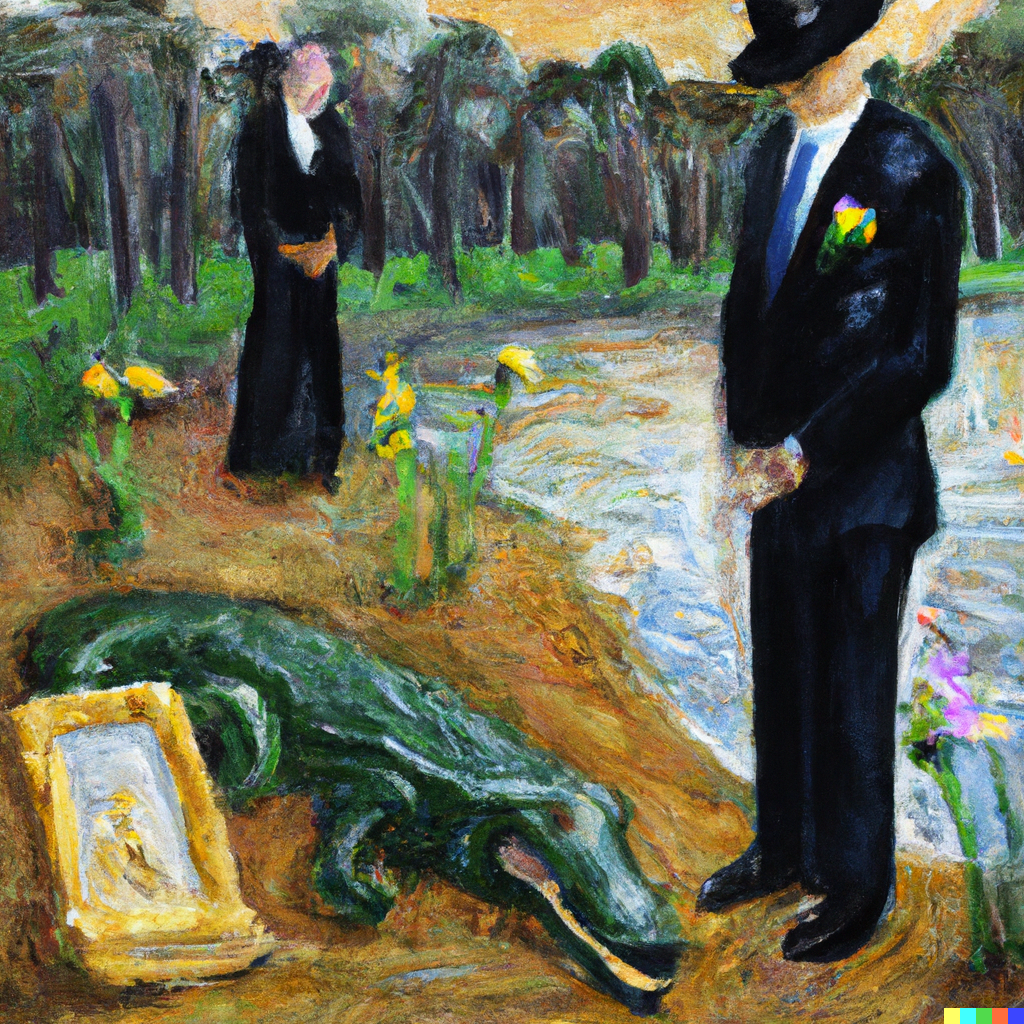
Uncle Bobby’s Funeral
Reluctant family faces the eccentricities of Uncle Bobby's funeral in swampy Chipley.






